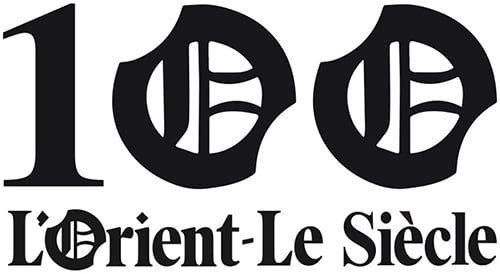Technology Hub Found.ation, founded by Dimitris Kalavros-Gousiou. Kathimerini
Greece has been in crisis now for a decade. Since sliding into recession in 2008, it has seen its annual output collapse by about a quarter. Its unemployment rate has been above 20% for more than five years and close to a half a million Greeks, mostly those with the best education and career prospects, have left the country to seek their fortunes elsewhere.
There have been few rays of hope to cling to in this dark period. One of them has been the steady emergence of the Greek start-up ecosystem. In the years since four EU-backed venture capital funds started operating in early 2013, there have been notable successes, including multimillion dollar investment rounds and buyouts by major global companies.
The four EU-backed funds completed their life-cycle last year, but a new vehicle, Equifund, has been announced, with money from the Greek government, the EU and the European Investment Fund. Equifund will create a pool of 260 million euros, out of which will spring the new wave of investors in Greek tech firms.
One particularly active player in the Greek start-up scene since its early days has been Stavros Messinis. Messinis co-founded CoLab, the original co-working space in Athens back in 2009. Four years later, he left CoLab and started a new project - The Cube, based in Exarcheia, a notoriously turbulent neighborhood of downtown Athens.
"We're currently hosting around 20 companies - they are mainly software tech companies but we have one or two hardware companies, a software agency and even a company that makes trendy handbags" he says. "We offer them facilities to work from, mentoring and other services such as legal and accounting. The fact that they're together in a shared office means they help each other out."
"A very pragmatic approach in building new ventures"
Dio Kakolyris, co-founder of the game analytics start-up Autofire, one of the companies hosted at The Cube, says: "Events and workshops take place constantly and there's a vibrant community ready to help anyone with a vision out there." The company is currently preparing to launch the beta version of its product.
Technology hub Found.ation, co-founded by Dimitris Kalavros-Gousiou, takes "a very pragmatic approach in building new ventures." "Our team is comprised of business developers, operators, senior technologists, marketing and fundraising experts", he says. Kalavros-Gousiou, though 29, has himself been involved in the Greek start-up scene for the best part of the last decade - including as the organizer of TEDxAthens for the past eight years. "Our main priority is to choose people over ideas, and teams over individuals," he adds. "We sit down with teams, and we try to examine their culture, thesis and ethics, and whether they have found a sweet spot for a new product in a market."
Reversing the brain drain
How has the Greek start-up sector developed? Has it surpassed expectations? Over the past five years it "has matured dramatically," says Kalavros-Gousiou. Messinis points out that the "euphoria" that comes after a successful investment in a local tech company is often followed by a "real slump". One such slump - "probably the biggest one", he says - was the introduction of capital controls in the summer of 2015, after the failure of negotiations between the Tsipras government and the country's official creditors.
In such times, Messinis explains, a "major challenge is the significant brain drain. Most developers worth their salt will emigrate during a funding slump when entrepreneurs aren't being funded and hence can't hire them. While the universities produce very good talent, there's a limited supply of techies with project experience".
One organization that has been particularly focused on reversing the brain drain is Reload Greece, founded as an educational charity in London in 2012. Since then it has organized three conferences, presented its work at the European Parliament and forged collaborative links with eight UK universities.
"Developing close ties with the ecosystem in Greece is key towards fulfilling our mission of bridging Greece with the rest of the world," says Effie Kyrtata, the organization's dynamic young chief executive. Speaking of the Reload Greece Challenge- a nine-day accelerator program for Greek start-ups that will take place in London this summer- Kyrtata adds, "this year marks the beginning of some very important collaborations with key players of the Greek entrepreneurial scene", including the start-up incubators of two of Greece's systemic banks.
Implementing these lessons back home can pose unpredictable challenges, such as those faced in Exarcheia - a hotbed of anarchist activism and criminality - by the denizens of the Cube. "We chose to do something in a rather run-down part of the city because rent was low and we felt we could do something to uplift things" Messinis says. "For now, we've succeeded. We had a significant problem with drug dealing in the area but since about six months ago, we've had a significant improvement by collaborating with the authorities while also holding them publicly accountable. Given the right encouragement, they act positively."
Beyond that, what can the government do to help the 350-450 companies (according to Found.ation) that make up the start-up sector? "We need to create incentives on tax, employability, ease to setup/operate and close a company" says Kalavros-Gousiou. "And we need to do more to foster an entrepreneurial culture, that will mobilize private Greek money and even international startups and investors to start looking to Greece for opportunities."
All the article from our Impact Journalism Day special edition are here
![]()
There have been few rays of hope to...

commentaires (0)
Commenter